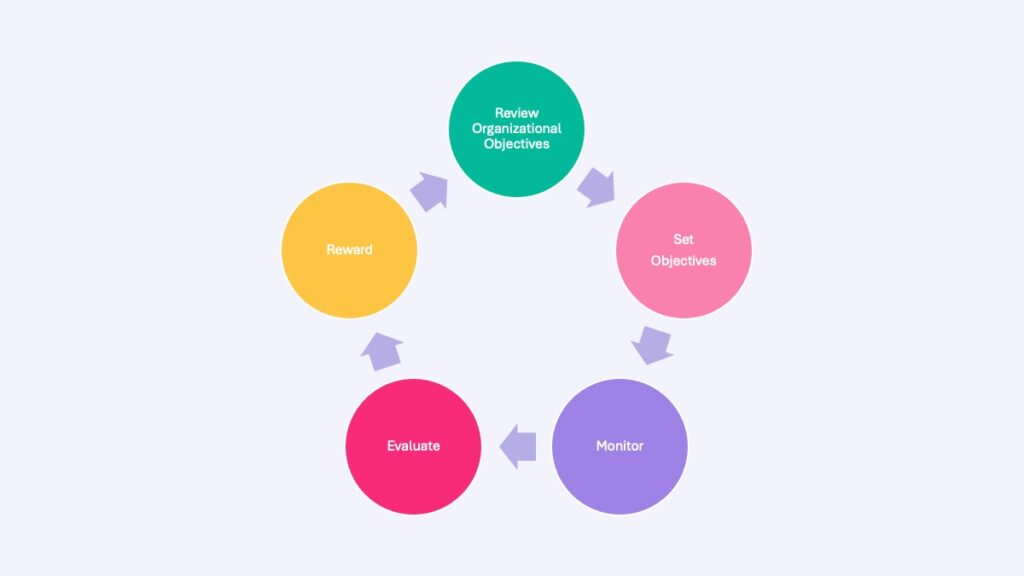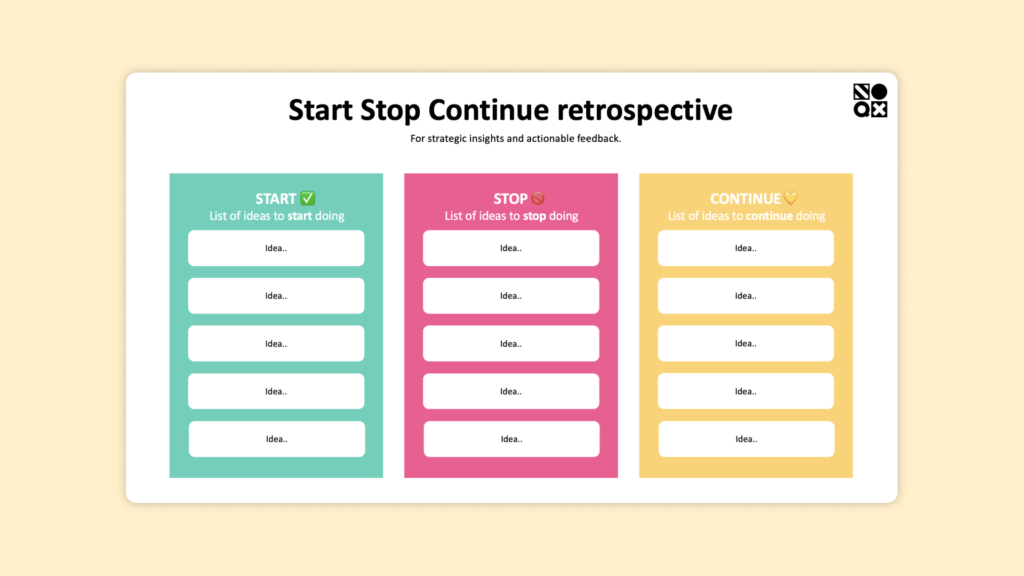Helene, as the founder of the big tech event Slush and with your diverse experiences in various sectors and roles, can you introduce yourself to the audience?
Yes, of course. I’m originally from Finland and have been an entrepreneur for more than 15 years. I’ve founded several organizations, including Slush Co, a social media agency, the first Blogger platform in Finland, and a communications consultancy. Currently, I’m the CEO of my new startup, Planner. I’ve also served as a board member in different companies, including Cordelia, a listed company, and Summon Economic, a central organization for graduates and students in Economics and Business administration. Additionally, I host a leadership podcast in Finland.
With such a diverse background, what would you say is your expertise, and what are you really passionate about?
I believe my expertise stems from my combination of business and creative background. I graduated from Helsinki School of Economics and later pursued art schools in Finland. This dual perspective allows me to be creative and innovative while considering the business aspects. I’m also a lifelong learner, always interested in exploring new things and constantly taking courses to expand my knowledge.
I’m sure our listeners are curious about your experience launching Slush back in 2008. Can you share more about how you and the other founders came together?
Certainly. In Finland, there were Friday gatherings for startups where people in the community could meet. The startup atmosphere was very creative, and we shared a common goal of changing the perception of startups. We wanted to create an event that would be beneficial for startup founders. Slush was born out of this need, with founders like Bill Lesterin, Guillemet to Peter Vesterbacka, and me working together. We aimed to change how people viewed startups and provide a platform for meaningful interactions among founders.
Did you anticipate the success and growth Slush has achieved today when you first launched it in 2008?
Not at all. In the first year, when hundreds of people joined, we received positive feedback, but imagining Slush becoming one of the biggest events in the startup world was beyond our expectations. Our primary goal was to make a change in how people perceived startups, and over time, it evolved into a global event with a significant impact.
Given that this podcast is about goal setting, can you share how you translated the vision of Slush into tangible goals and the metrics you followed back then?
Our initial goal was to fill the event with enough attendees so that we wouldn’t need to cover expenses ourselves. Each founder had specific responsibilities, such as organizing presenters or managing startup booths. The strong community support played a crucial role, with many individuals and organizations offering help for free. While we exceeded our original goals, the approach back then was more straightforward without the detailed metrics and analytics focus we see today.
If you were to work on Slush today, what kind of metrics would you focus on?
In today’s context, metrics like ticket sales, ticket prices, meetings booked through event tools, customer satisfaction, and other key performance indicators would be important. Having a tool for team goals and regular communication on the vision and mission would be crucial for success.
You’re involved in various organizations, including startups and a listed company. Do they use OKRs, and what kind of goal-setting is common in these environments?
In startups, OKRs are commonly used, but in larger companies, the focus is often on broader goals like sales, employee happiness, and customer satisfaction. While I personally appreciate the detailed insights OKRs provide, larger companies may not use them at the operational level.
If you could offer tips to organizations to create clarity and enable execution for their employees, what would they be?
It’s all about teamwork. Involve your teams in the goal-setting process rather than dictating goals to them. Clearly communicate the vision and mission from top management, ensuring everyone understands the bigger purpose. In my experience, having a passionate and shared vision enhances teamwork and contributes to the success of goal-setting initiatives.
Thank you so much for sharing your insights, Helene. It’s been a pleasure having you on Ready Set Goal.
Thank you so much. I enjoyed being here.




